MIC Testifies at Lead Ban Hearing

MIC Testifies at Lead Ban Hearing
During the hearing there was bipartisan agreement that ATVs and motorcycles should not have been included in The Consumer Product Safety Improvement Act (CPSIA), a law that was intended to protect children from ingesting lead from toys, and that off-highway vehicles should be excluded from the law's lead provisions.
Dr. Barbara Beck from Gradient Corporation confirmed at the hearing that the lead content in metal parts of ATVs and motorcycles poses no risk to kids, and that, in fact, the lead intake from kids' interaction with metal parts is less than the lead intake from drinking a glass of water.
The lead provision has had an unintended consequence resulting in a ban on youth-sized ATVs and Off-Highway Motorcycles (OHMs) because the vehicles contain small amounts of lead that are critical to the functionality of certain components and created unsafe situations for young riders by reducing the availability of appropriately-sizes, speed-restricted youth models.
At the hearing, Vitrano urged the committee to ensure that any fix to the CPSIA stops the unintended ban on ATVs and off-highway motorcycles. "We appreciate that the Subcommittee has offered an initial draft bill," Vitrano testified. "Within the framework of the draft bill, the only way to stop the ban on youth ATVs and motorcycles with certainty is to amend the range of children's products at least for these vehicles to age 6 and under. Alternatively, we ask you to consider adding a categorical exemption to the bill."
Vitrano asked that the Subcommittee to consider the following points as they work towards providing the industry with much needed relief.
- Everyone agrees that the key to keeping youth safe on ATVs and motorcycles is having them ride the right-sized vehicles. By reducing the availability of these vehicles, the CPSIA has created in the CPSC's own words - a "more serious and immediate risk of injury or death" than any risk from lead exposure."
- In 2009, MIC estimated that a complete ban on youth model vehicles would result in about $1 billion in lost economic value in the retail marketplace every year.
- Motorcycles and ATVs are motor-powered machines, not toys or other articles kids wear or play with, so the extent and nature of children's interaction with the products is materially different. As Congress knows, kids do not lick tailpipes or swallow battery terminals. Young riders typically only touch a few parts of the vehicles, like handlebars and brake and clutch levers, and usually with gloved hands.
- ATVs and dirt bikes are stored outside the house, usually in garages, sheds or barns, and thus are much less likely than household items to be touched by young children. In addition to being remotely located, the vehicles have keys and use is controlled and supervised by parents.
Vitrano also testified that the powersports industry supports recommended changes to the CPSIA database provisions. "One of our members recently received a report of harm where a rider, who had been drinking prior to riding his ATV, rode off a cliff at night in the dark," Vitrano noted. "Nothing in the report indicated any problem with the ATV. But because the CPSC database on its face only accepts reports of 'unsafe' products, the inclusion of this report will result in the ATV implicitly being classified as an 'unsafe' product." Vitrano concluded, "Unless Congress acts, the database will become a repository of inaccurate information that defames manufactures and misleads consumers."
Following the hearing, Vitrano said, "I would like to thank Chair Bono Mack and the Subcommittee for taking on this important issue. For the safety of children who ride youth ATVs and motorcycles, we encourage Congress to act swiftly to move legislation forward that would end the ban."
About the Motorcycle Industry Council
The Motorcycle Industry Council exists to preserve, protect and promote motorcycling through government relations, communications and media relations, statistics and research, aftermarket programs, development of data communications standards, and activities surrounding technical and regulatory issues. It is a not-for-profit, national industry association representing manufacturers and distributors of motorcycles, scooters, motorcycle/ATV/ROV parts and accessories, and members of allied trades such as insurance, finance and investment companies, media companies and consultants. The MIC is headquartered in Irvine, Calif., with a government relations office adjacent to Washington, D.C. First called the MIC in 1970, the organization has been in operation since 1914. Visit the MIC at http://www.mic.org/.
Related Reading
AMA on Lead Ban Congressional Hearings

Motorcycle.com presents an unrivaled combination of bike reviews and news written by industry experts
More by Motorcycle.com Staff




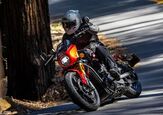
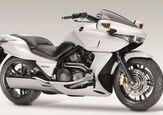
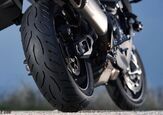
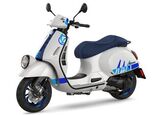
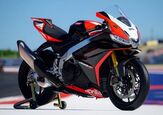

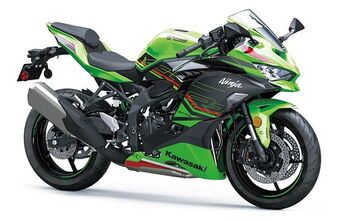
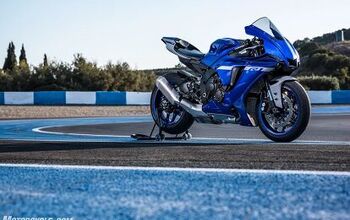

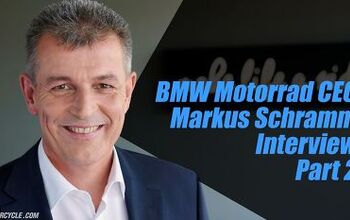
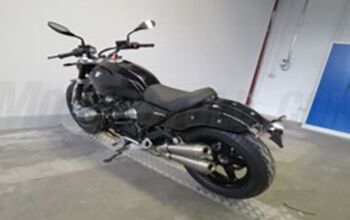

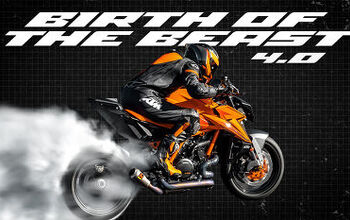
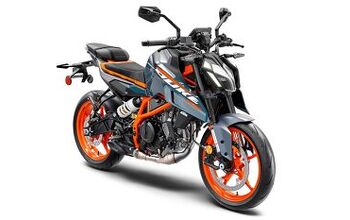

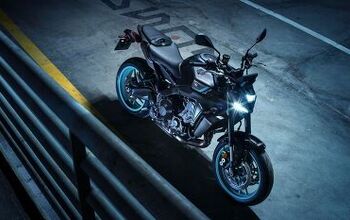
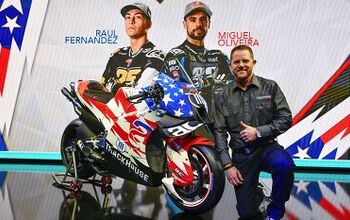

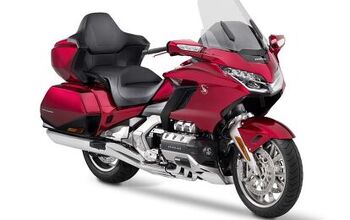
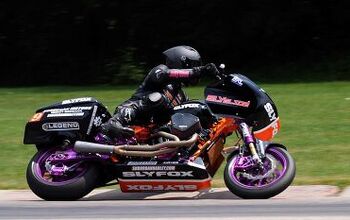

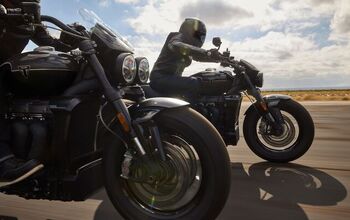

Comments
Join the conversation